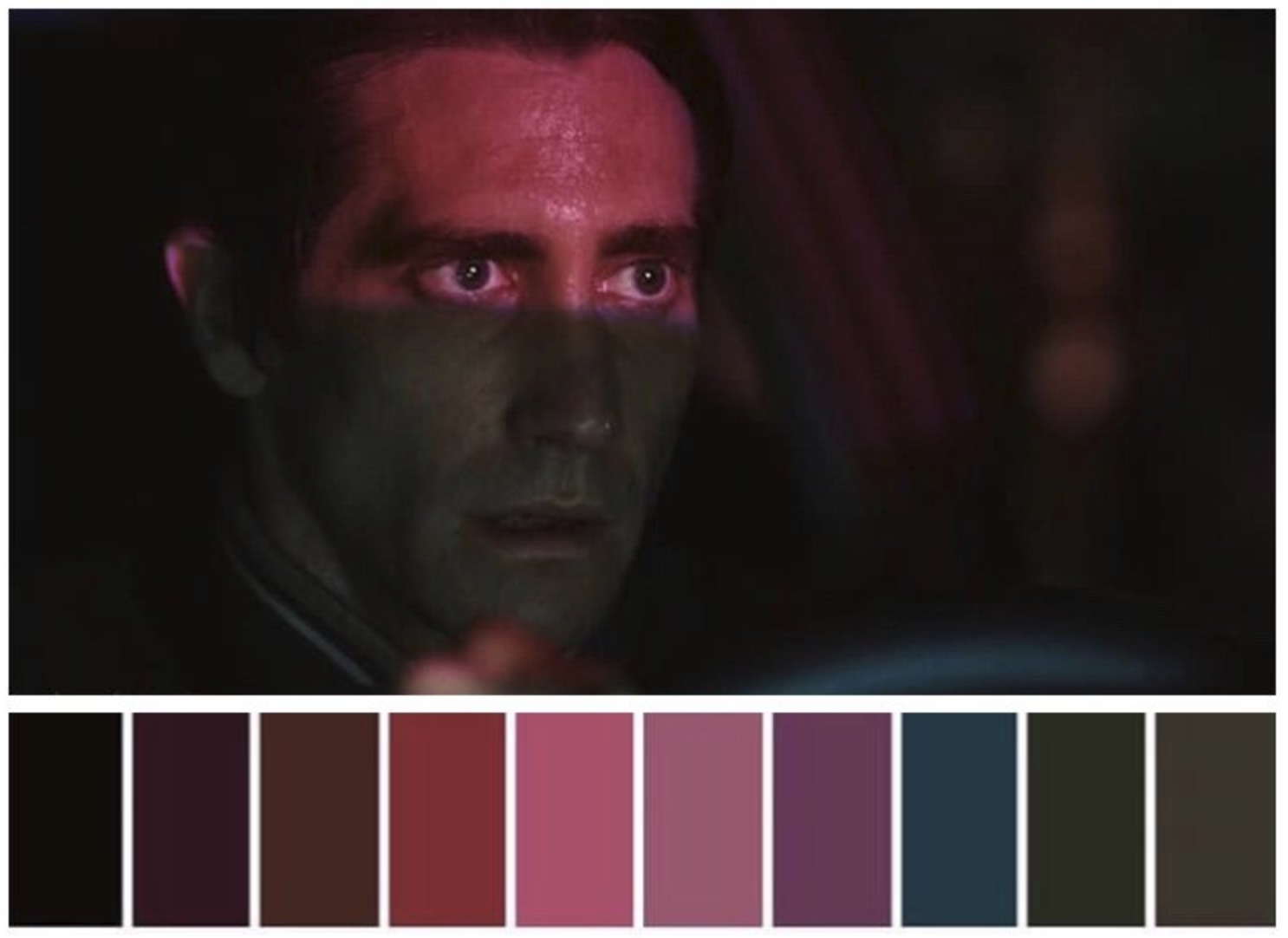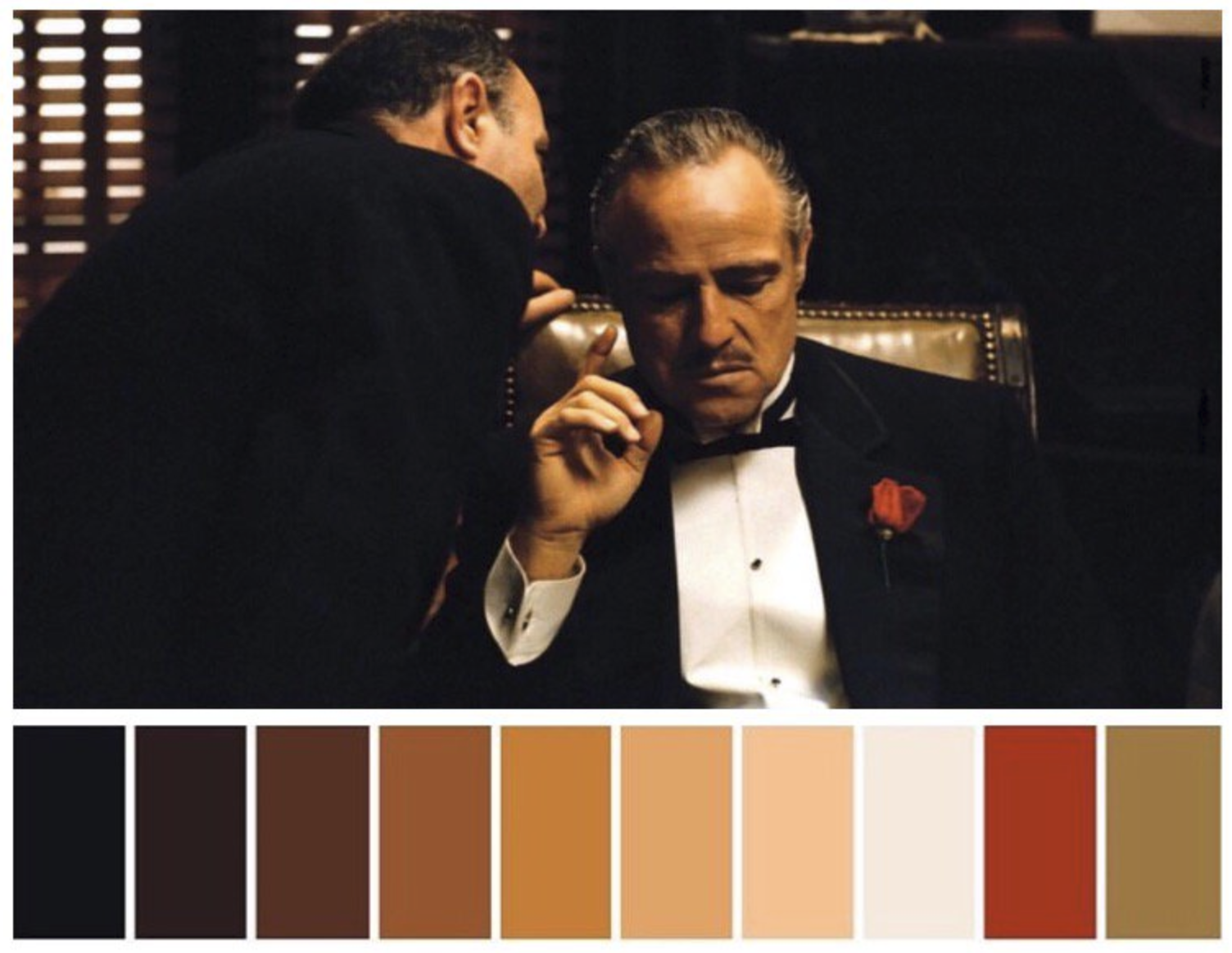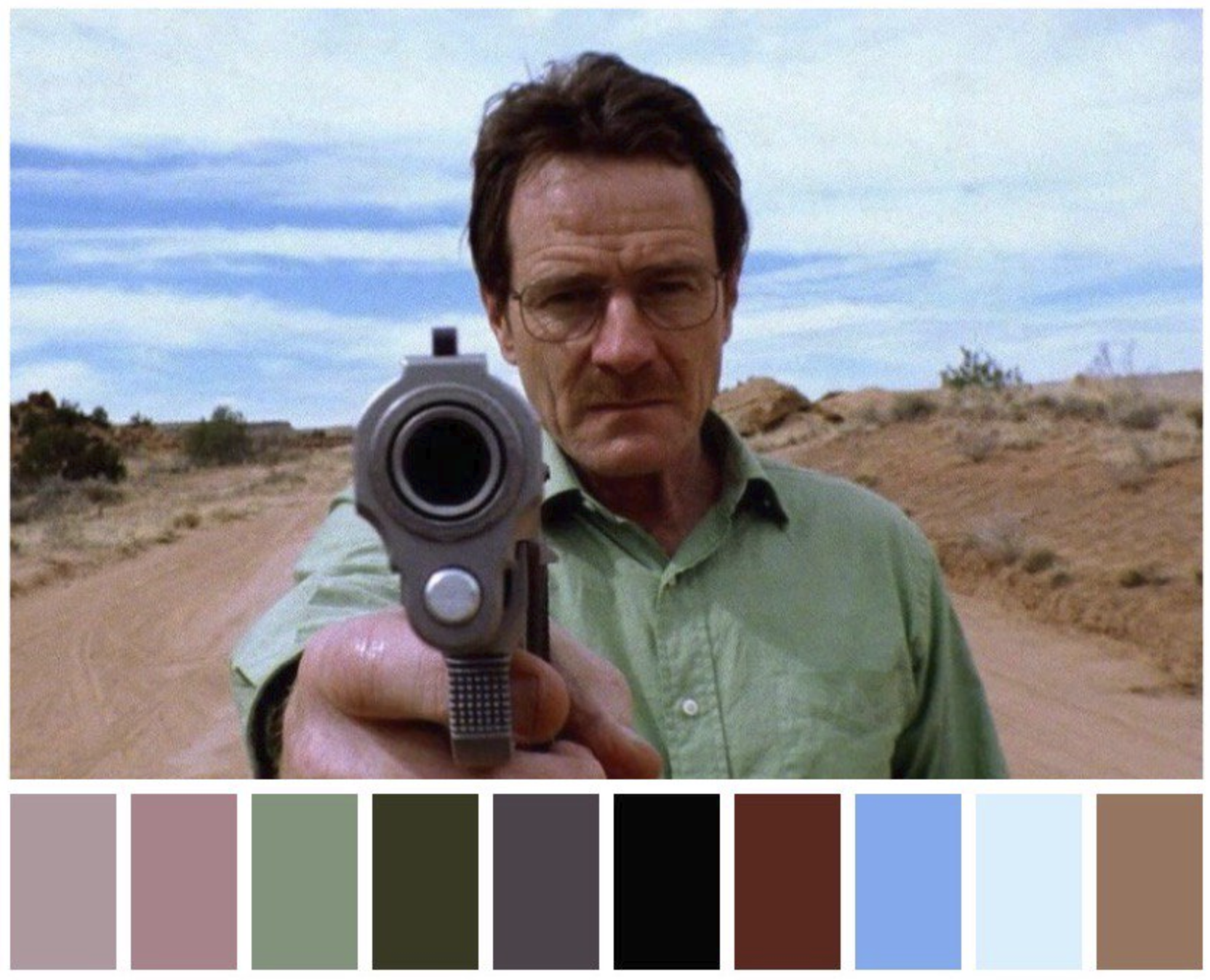Work truisms: You hear them all the time. “Follow your passion”…. “When you love what you do, you’ll never work a day in your life.” Pardon my French, but I think that’s bullshit – It’s not that simple. That can take you down a dark path, all the while thinking that everything’s going just peachy. As they say, “The road to hell is paved with good intentions.” Let me explain.
I’m not railing on, and I’m far from arguing against finding fulfillment in your job. What I do believe is that loving what you do, or making your passion your profession can be a double-edged sword – one that rears its ugly head in three big ways: not being able to “turn it off”, work life (counter)-balance, and—you guessed it—burnout. Let’s just dive right in.
Let’s say you work in the medical field. Chances are pretty good that once you punch the clock at the end of the day or the end of the week, you’re able to comfortably detach from your business self. You’re probably not diagnosing strangers you run into into in your personal life. And you’re likely not diagramming past/future procedures in your head in your free time.
But as a photographer, that’s damn near all I’m doing in my “free time” — if I’m not diligent about my mindset and headspace after my day job is done.
^ Case in point, how much I love the account CinemaPalettes for inspiration: @ColorsEffect ^
Think about how ubiquitous photography has become in our daily lives. Even if we ignore the fact that each of us always has a fully-functional camera in our pockets, every Instagram post, every ad campaign, every YouTube video is just one dot in a sea of visual communication. I see a well-shot commercial and I think, “Hmm, which focal length are they using to achieve that perspective?” or “Oh, I love the way that portrait captures that subject’s expression, what lighting set-up and color temperature did they incorporate there to make me feel something?” I’ve been asked why I seem distracted in conversations… Well, I might be focusing on how the light is striking your face in just the right intensity, at just the right angle, with just the right background. And I can’t help myself from wanting to pull out my camera and capture that exact moment the way it exists in my mind’s eye. In short, I really struggle to “turn it off” in my everyday life. Because I care so deeply about what I do. I’ve made my passion my profession, and I love to feel that passion whenever I can.
There’s a prevailing wisdom that one should strive to lead a “balanced” life, where no particular part of your life takes over too much of any other. Sounds nice in theory, right? But treating all things with equal time and energy implies that everything in life or work has equal value–which is quite clearly untrue. This is the crux of a critical chapter in the brilliant work “The One Thing: The Surprisingly Simple Truth Behind Extraordinary Results” by real estate giants Gary Keller and Jay Papasan – The Lie of Living a Balanced Life. The chapter goes on to say:
Unfortunately, living life in the middle guarantees that you won’t be able to focus on what matters most. By trying to keep everything on level ground, nothing will get your full attention. The middle is mundane. This is one of the biggest flaws of the concept of a balanced life. We think we need to be in the middle at all times. What this philosophy doesn’t account for are the moments when we need to step away from the middle in order to accomplish big goals. Things will naturally go out of balance when you are going after the things that matter most in your life.
When your passion is your profession, it becomes necessary (not just recommended) to be crystal clear what your priorities and definitions of success in your life look like – And communicate it openly and voraciously to those in your life. Not only that, but, because passion can be so encompassing and intoxicating, you have to stay vigilant and deeply aware to every facet of your life – mental health, physical health, relationship health… the list goes on. Because I care so deeply about what I do, my work-life pendulum will inevitably swing too aggressively to the “work” side. There’s nothing inherently wrong about devoting myself to my work, but when it becomes habitual and at the neglect of my other definitions of “success”, it ceases to be a useful tactic.
And now the one you’ve all been waiting for, the big one that almost every freelancer has had a run-in with at some point — Burnout. When the pot of “not turning it off” and poor work-life balance boil over, chances are pretty good that you’ll find yourself face to face with a very real combination of exhaustion, frustration, and lack of creativity. And boy does it hit hard and fast. Now, if you work in a more transactional profession, burnout is no less real, but the release valves for those feelings is a bit more obvious – Spend more time with friends and family to encourage a healthier support network away from work, or consider a change of employer to help find a better work-life management strategy.
All of that is well and good, but those strategies fall apart when you’re a freelancer or an independent creator. Think about it. When I introduce myself and people ask what I do, I’ve only got one answer – “Hi there. I’m Ben, and I’m a photojournalist.” As creatives, what we do BECOMES who we are.
So each day I spend not taking pictures becomes another day of literally questioning my identity. “How can I call myself a photographer if I’m not shooting photos? How can I call myself a journalist if I’m not creating and discovering unique stories?” Because our work light us up and often becomes us, the very idea of taking time away from one’s work as a creative becomes a self-defeating prospect: I may have more time to devote to my personal life, but at what cost to my identity [Note: I will say here, this mindset around “what you do becoming who you are” is something I struggle with constantly and I suspect I’m not the only one who feels this. While my attitude on this oscillates over time, I’m currently of the opinion that it’s a dangerous mindset to carry with you and ultimately problematic when things don’t go your way (as they often do). I’ll leave my thoughts on this relatively brief – I think this deserves its own post / greater discussion, but I wanted to ensure I touched on this in relation to feelings of burnout.]
And secondly, think about the other change of circumstance that traditional employees use to relieve feelings of burnout – a change of employer or position within a company. Welp. As a freelancer, not only are you your own direct report, you’re the CEO, CTO, and CFO all rolled into a Small Business TurDuckEn. In a brilliantly simple blog post from 2010, the marketing legend Seth Godin talks about this irony of the self-managed freelancer struggling with having the World’s Worst Boss (Yourself):
If you had a manager that talked to you the way you talked to you, you’d quit. If you had a boss that wasted as much of your time as you do, they’d fire her. If an organization developed its employees as poorly as you are developing yourself, it would soon go under.
Woof – How’s that for a gut check. The truth hurts, but that truth has power: Because you know yourself better than anyone, whether you’re a freelancer, solo-preneur, or owner/operator, you MUST manage yourself as well (or better) than anyone else ever could. While stepping away from your freelance business to manage burnout is incredibly difficult, it’s also critical because of the sheer level of responsibility (as CEO, CTO, CFO, etc…) that we’re undertaking.
So, where do we go from here? Would I, knowing what I know now about the nature of my work and what it takes to be a visual storyteller, go back to high school and do it all over again? You’re goddamn right I would. But I know I can’t get suckered into living an accidental life; a mindful, purposeful life is the only way when your work is your calling. Pursuing your passion as your profession (regardless of the field) is fraught with physical, mental, and emotional hurdles – but, for me – every ounce of struggle is worth every pound of joy.





